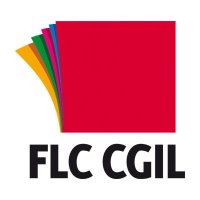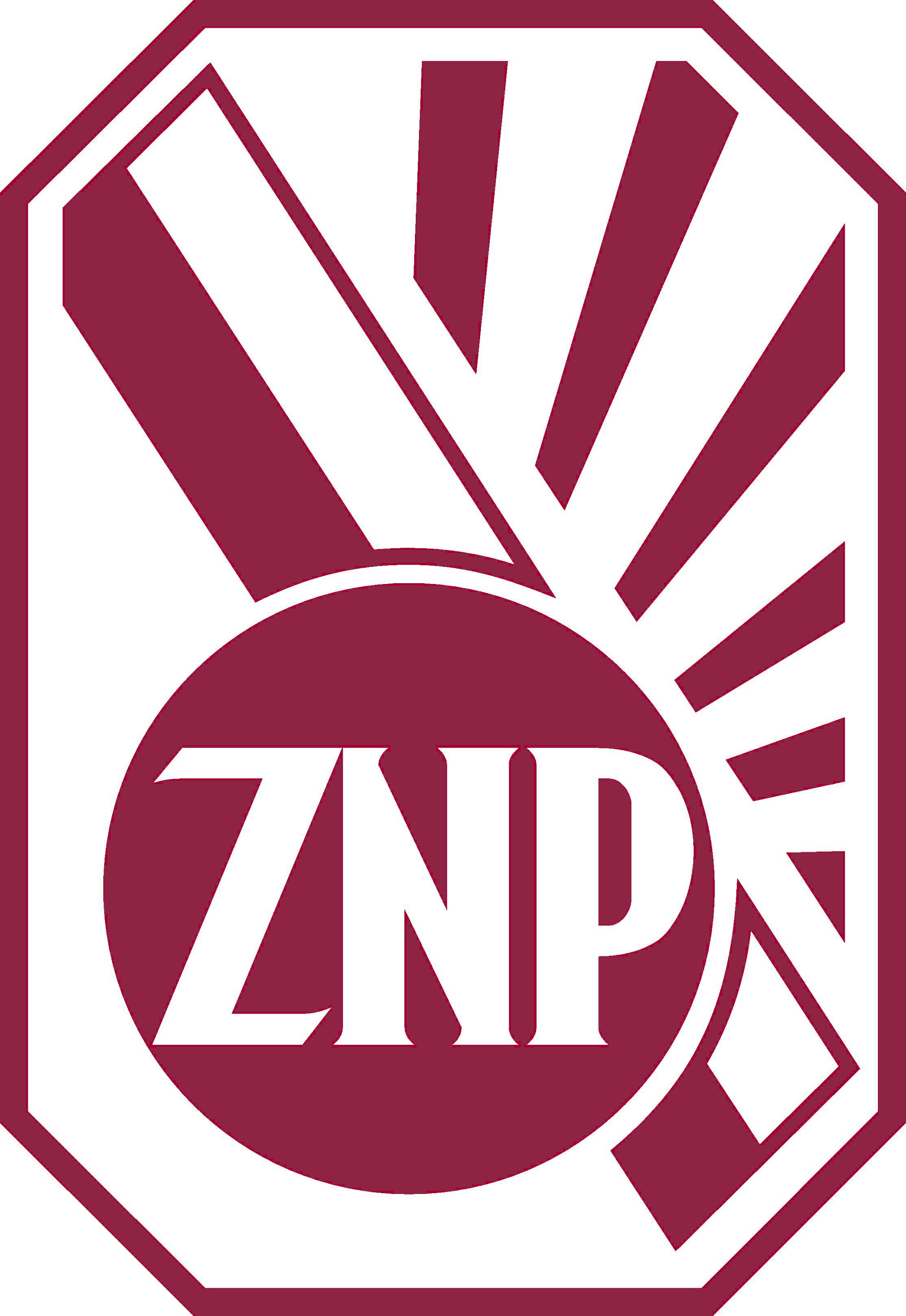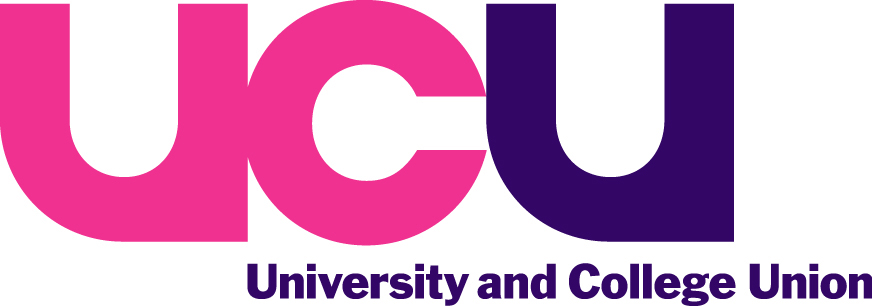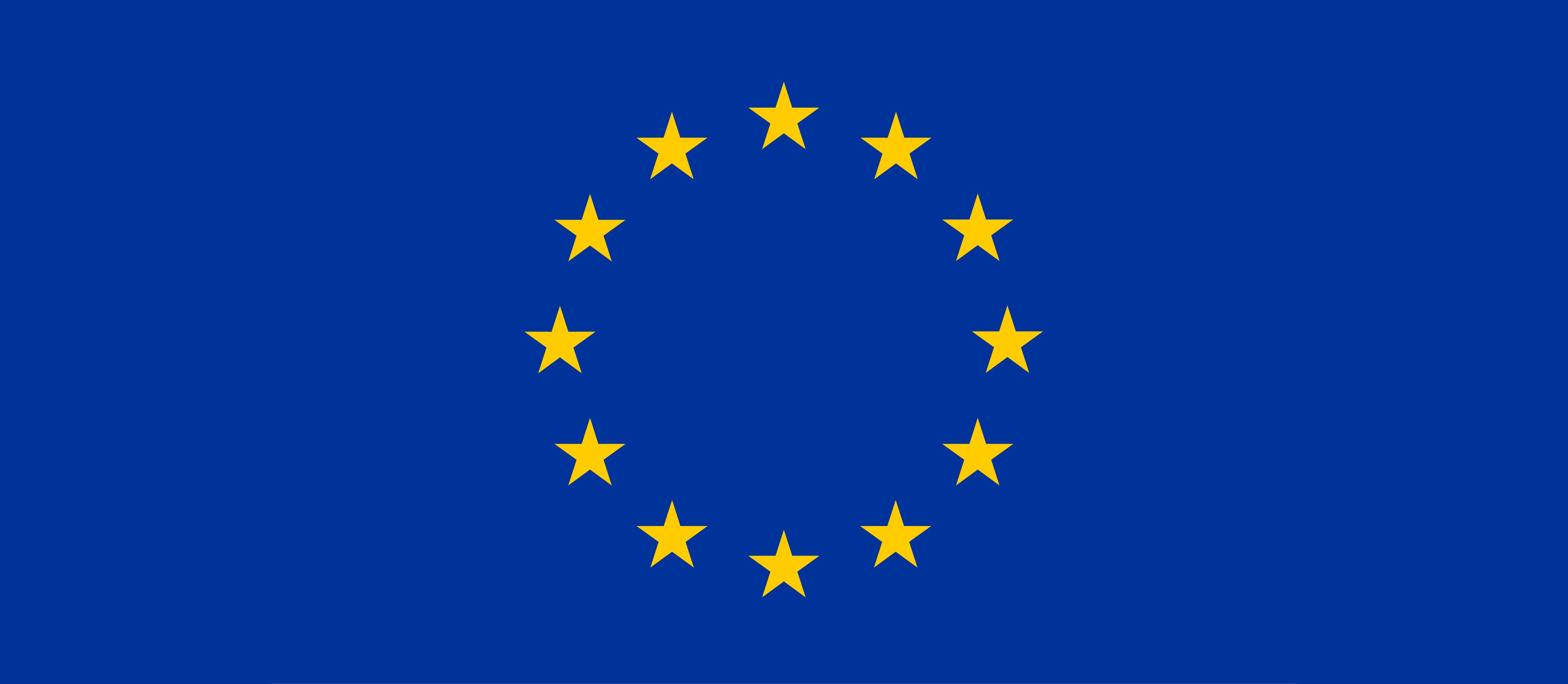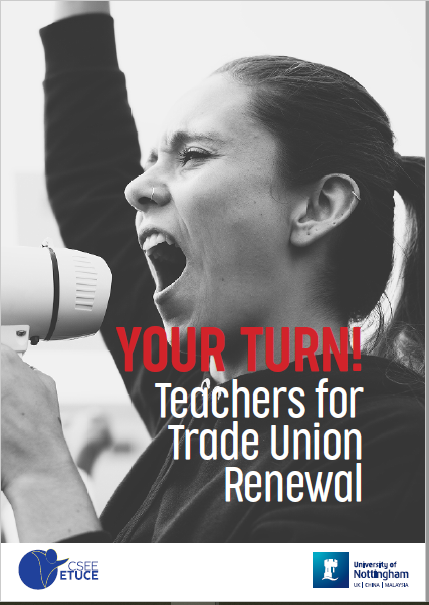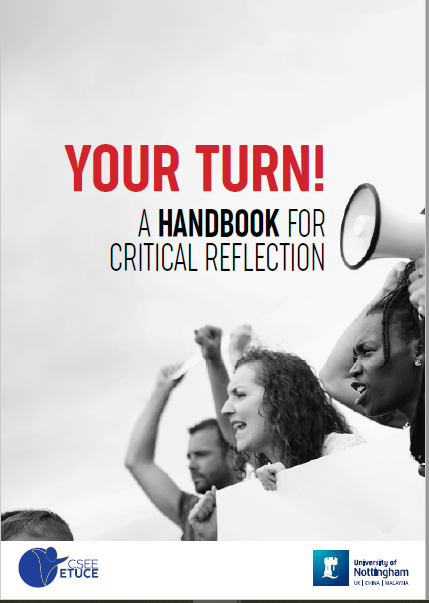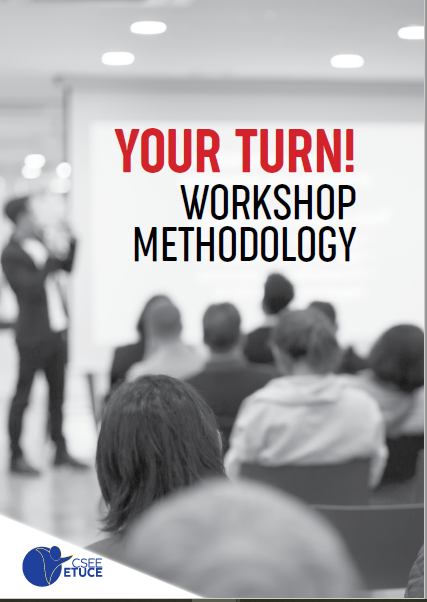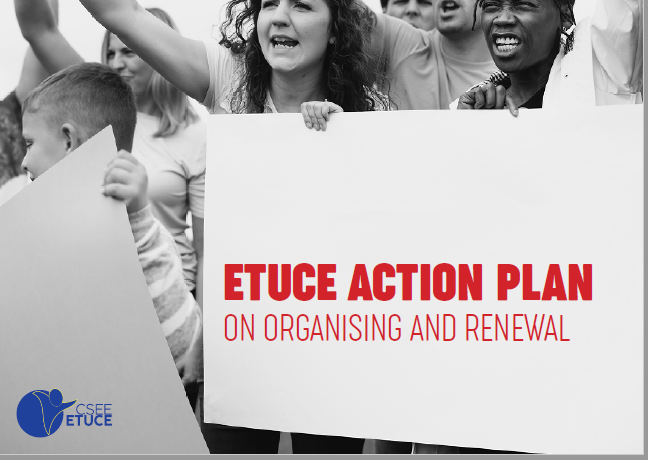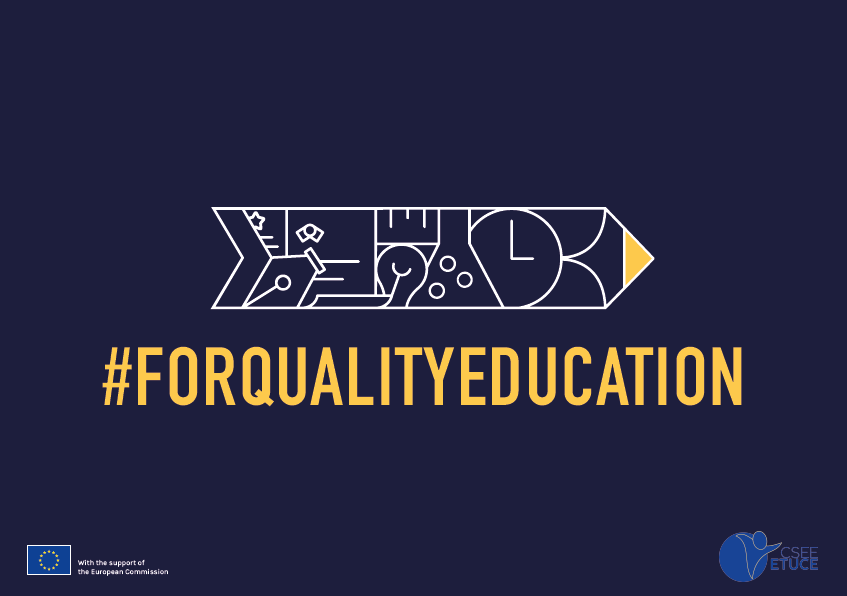Introduction
This project is concerned with the experiences of education trade unions as they seek to respond to changes in the world of work of teachers and other education personnel. It promotes the sharing of experiences and of strategies being adopted by education trade unions as they engage in a process of renewal to maintain their strength at the bargaining table and their ability to shape public policy, including the support of universal, free, quality education. The project activities resulted in a ETUCE Action plan on organising and renewal.
-
Projects and Tools
-
YOUR TURN! Teachers for Trade Union Renewal (2018-2020)
-
Activities Your Turn!
-
ESSDE partners promoting migrant and refugee integration (2017-2019)
-
Activities
-
EU CONVINCE project – EU Common Values Inclusive Education (2018-2020)
-
Activities
-
OiRA project – Online Interactive Risk Assessment tool
-
Empowering education trade unions to address gender equality in the teaching profession through social dialogue (2018-2019)
-
Activities
-
ETUCE Online Database of Good Practices
-
Education Trade Unions and Inclusive Schools: Embracing Diversity in Education (2019-2021)
-
e-Speed (2020-2021)
-
Privatisation and Industrial Relations (2020-2021)
-
Activities IR-EDUREFORM Project
-
Education for Social Change: The role of Education Trade Unions in addressing sustainable environmental development (2021-2022)
-
Attractiveness of the Teaching Profession (2021-2023)
-
ELNE : European Leadership Network Europe
-
ETU4REF: Education Trade Unions support the inclusion of refugees and migrant (2023-2025)
-
APRES COVID
-
Your Turn 2: Teachers for Trade Union Renewal
-
InclEdu4AllNeeds
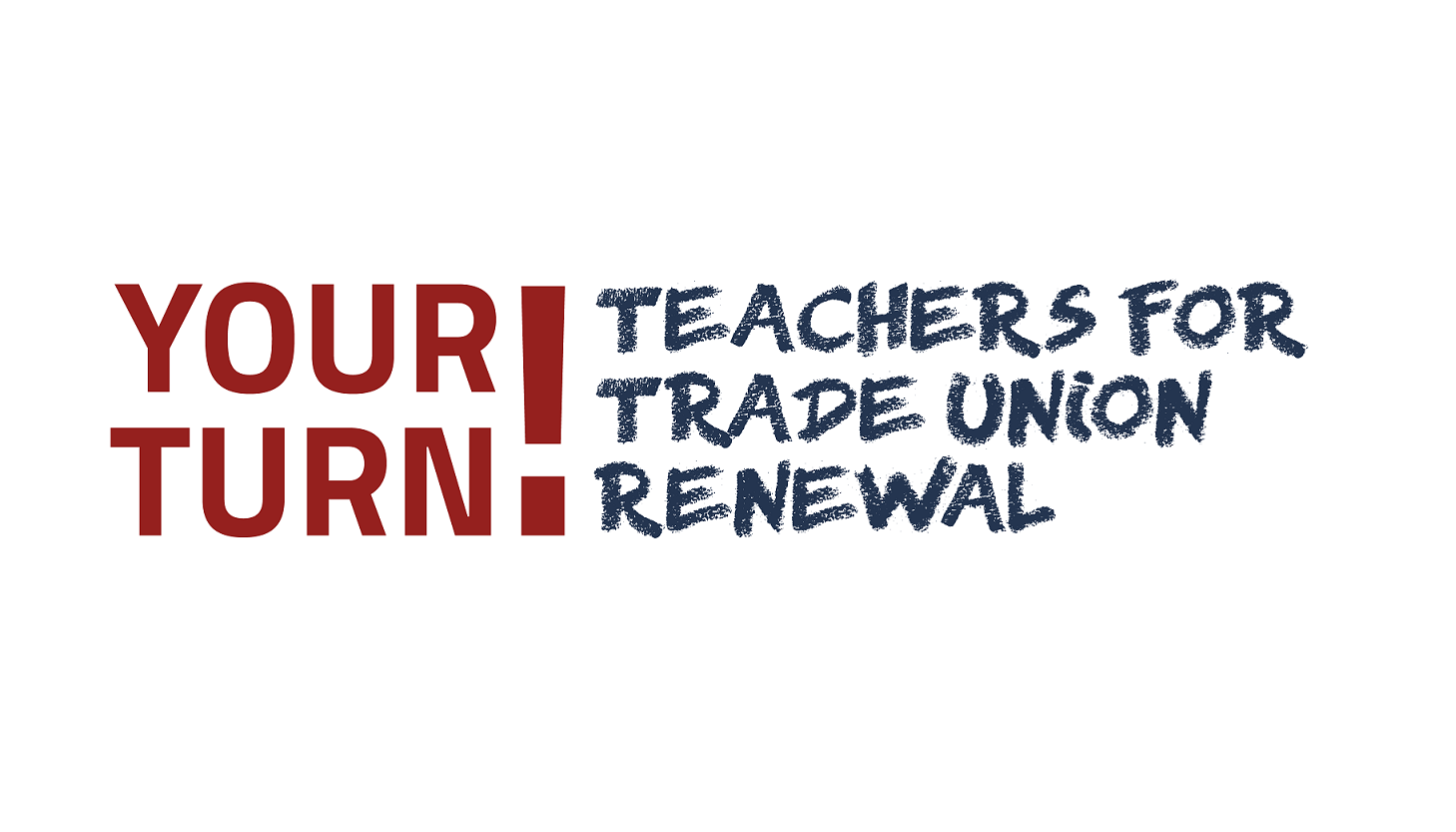
Advisory Group
- Dorien König AOb Netherlands
- Claudio Franchi FLC-CGIL Italy
- Dorota Obidniak ZNP Poland
- Elina Stock GEW Germany
- Rodrigo Seoane Ruano FECCOO Spain
- Rob Copeland UCU UK
- Elis Randma EEPU Estonia
Funding
Related topics
Related news
With a view to implement the first principle of the European Pillar of Social Rights on quality and inclusive education, in this 2-year EU co-funded project (2018-2020) ETUCE seeks to strengthen the capacity of education trade unions to address changes in employment and work within education at EU and transnational level, and in social dialogue related challenges. At a time when changes in the context and organisation of work of teachers and other educational personnel’s are increasingly challenging their working lives and undermining the quality of education and the attractiveness of the profession, education trade unions take the opportunity to work together across borders to address the needs of and to engage with those who are most marginalised or under-represented.
Through this project, ETUCE seeks to further the understanding of main patterns of employment, including the emergence of precarious work amongst new and young teachers, their status and security, and to promote unions’ capacity to address these labour market and professional challenges through trade union renewal.
Continuing on the work that ETUCE member organisations have achieved regarding: the impact of the economic crisis and the European Semester, job quality, professional issues, and recruitment and retention through an enhanced social dialogue in education, this project provides the opportunity to identify aims and targets for an “ETUCE Action Plan on trade union renewal and organising”, looking in particular at the most marginalised and/or under-represented in societies. An Advisory Group of education trade unions from 7 EU countries will lead the project. An expert will analyse employment trends as well as, education trade union membership composition. The main challenges to be addressed are to be identified by a kick-off conference in May 2019, while good practices and actions at national/regional level will be identified through three training workshops (2019-2020). In parallel, digital communication tools for awareness raising will be developed with the help of an external expert, and will serve the purpose of strategic online dissemination of the main project findings. To conclude, outcomes will be disseminated and discussed during a final conference (October 2020).
